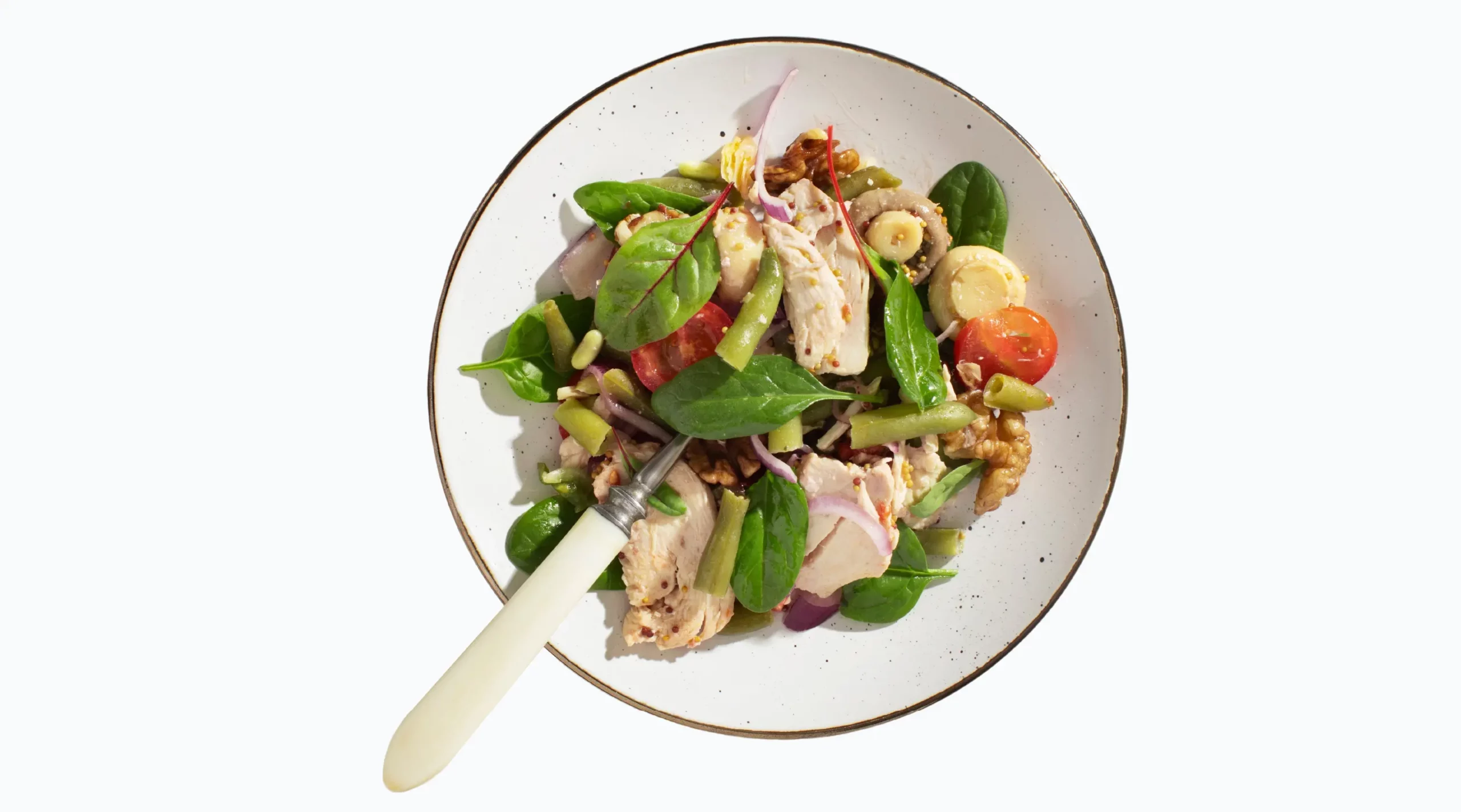The Role of Nutrition and Lifestyle in Postpartum Mental Health
The postpartum period is a transformative time in a woman’s life, bringing immense joy, challenges, and adjustments. Beyond the physical recovery from childbirth, new mothers face emotional and psychological changes that can significantly influence their well-being. Nutrition and lifestyle choices play a pivotal role in supporting mental health during this period. From diet and sleep to physical activity and daily routines, a mindful approach can help new mothers navigate the postpartum phase with resilience and confidence.Understanding Postpartum Mental Health
After childbirth, a woman’s body undergoes hormonal fluctuations, physical healing, and lifestyle shifts. These changes can affect mood, energy, and emotional stability. Common mental health experiences include:- Mood swings: Emotional highs and lows due to hormone changes.
- Anxiety: Worries about the baby’s health, parenting abilities, or future.
- Fatigue: Sleep disruption from nighttime feedings and caregiving responsibilities.
- Postpartum depression (PPD): Persistent sadness, low energy, and difficulty bonding with the baby, affecting 1 in 7 new mothers.
Nutrition: Fueling Mind and Body
Nutrition is one of the most critical factors in postpartum mental health. A balanced diet provides essential nutrients that influence brain chemistry, energy levels, and mood regulation.Key Nutrients for Postpartum Wellness
- Omega-3 Fatty Acids
- Found in fish (salmon, sardines), flaxseeds, and walnuts.
- Support brain function and reduce the risk of postpartum depression.
- Protein
- Eggs, lean meats, legumes, and dairy provide amino acids critical for neurotransmitter production.
- Helps maintain energy and repair postpartum tissues.
- Complex Carbohydrates
- Whole grains, oats, and vegetables stabilize blood sugar and prevent mood swings.
- Vitamins and Minerals
- Vitamin D: Sunlight exposure and fortified foods help with mood regulation.
- B Vitamins: Essential for energy and brain function; found in leafy greens, whole grains, and nuts.
- Iron: Supports recovery from childbirth blood loss; found in red meat, lentils, and spinach.
- Calcium: Needed for bone health and muscle function; sourced from dairy and fortified plant-based milk.
Practical Nutrition Tips
- Eat small, frequent meals to maintain energy and reduce irritability.
- Include a variety of colorful fruits and vegetables for antioxidants.
- Stay hydrated, especially if breastfeeding, as dehydration can increase fatigue and affect mood.
- Limit processed foods, excessive sugar, and caffeine, which can exacerbate anxiety and irritability.
Sleep: Restoring Body and Mind
Sleep disruption is a hallmark of early motherhood, but lack of adequate rest can have profound effects on emotional health:- Mood regulation: Sleep deprivation increases irritability, anxiety, and susceptibility to depression.
- Cognitive function: Rest is crucial for memory, focus, and decision-making.
- Physical recovery: Sleep supports tissue repair, hormonal balance, and energy restoration.
Strategies for Better Sleep
- Nap when the baby naps: Even short naps can be restorative.
- Share nighttime duties: Partners or family members can assist with feeding or soothing the baby.
- Create a sleep-friendly environment: Dark, quiet, and cool bedrooms promote better rest.
- Set realistic expectations: Accept that sleep may be fragmented, and prioritize rest when possible.
Physical Activity: Boosting Mood and Energy
Gentle, consistent exercise can significantly impact postpartum mental health:- Releases endorphins: Exercise triggers feel-good hormones that reduce stress and elevate mood.
- Supports physical recovery: Strengthens muscles, improves flexibility, and aids weight management.
- Improves sleep: Physical activity promotes deeper and more restorative sleep.
- Reduces anxiety: Movement helps dissipate nervous energy and increases a sense of control.
Postpartum Exercise Recommendations
- Start with light activities like walking, stretching, or yoga, gradually increasing intensity.
- Focus on core-strengthening exercises to rebuild abdominal and pelvic floor muscles.
- Consult a healthcare provider before starting vigorous activity, especially after cesarean delivery or complications.
Routine and Structure: Creating Stability
Establishing a daily routine can bring predictability and reduce stress during the chaotic early months:- Feeding and sleeping schedules: Structured routines help both mother and baby.
- Personal time blocks: Schedule short periods for self-care, reading, or relaxation.
- Time outdoors: Exposure to sunlight and fresh air improves mood and vitamin D levels.
- Mindfulness breaks: Practice meditation, deep breathing, or journaling to process emotions.
Mindfulness and Stress Management
Stress is a natural part of postpartum life, but chronic stress can negatively impact mental health. Mindfulness techniques can help mothers navigate challenges:- Deep breathing exercises: Reduce anxiety and calm the nervous system.
- Guided meditation: Focus on the present moment and promote emotional balance.
- Journaling: Express feelings, track moods, and reflect on progress.
- Visualization: Imagine positive scenarios to reduce worry and build confidence.
Social Support: A Pillar of Postpartum Wellness
Connection with others plays a crucial role in maternal mental health:- Family and partners: Offer practical help, emotional support, and reassurance.
- Peer groups: Postpartum support groups provide shared experiences and reduce isolation.
- Healthcare professionals: Regular check-ins with doctors, lactation consultants, or counselors help identify and address concerns early.
Recognizing Warning Signs of Postpartum Depression
While emotional fluctuations are normal, mothers should watch for persistent or severe symptoms:- Persistent sadness, hopelessness, or irritability
- Difficulty bonding with the baby
- Withdrawal from friends, family, or activities
- Changes in sleep or appetite beyond normal newborn disruptions
- Thoughts of self-harm or harming the baby
Integrating Nutrition and Lifestyle for Long-Term Well-Being
Postpartum mental health is influenced by the synergy of nutrition, physical activity, sleep, mindfulness, and social support. Practical strategies include:- Meal planning: Prepare balanced meals in advance to ensure consistent nutrition.
- Scheduled movement: Incorporate exercise into daily routines, even short 10–15 minute sessions.
- Mindful breaks: Take moments throughout the day to breathe, meditate, or journal.
- Supportive relationships: Maintain regular communication with trusted family, friends, or support groups.
- Professional guidance: Consult healthcare providers for personalized advice and intervention when necessary.




